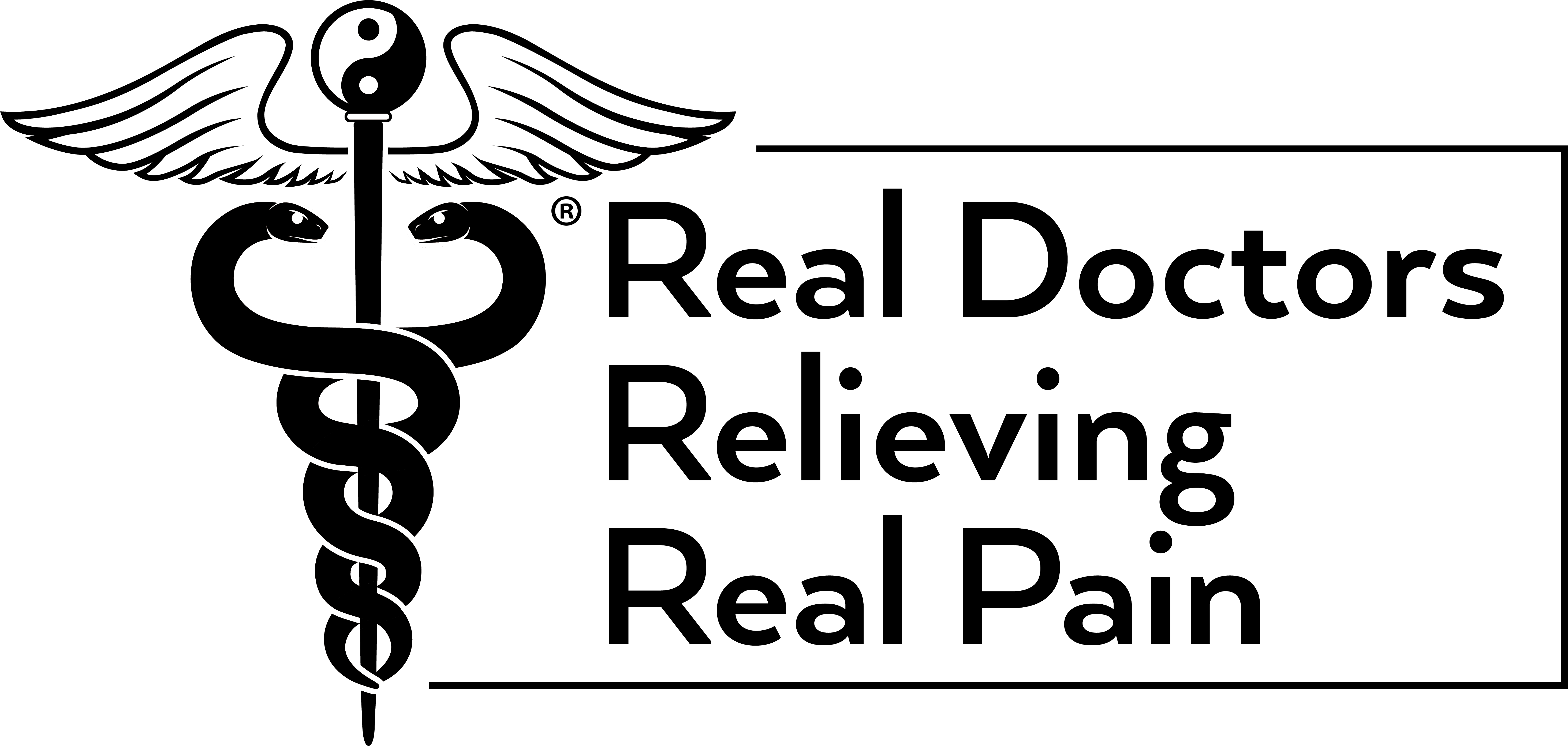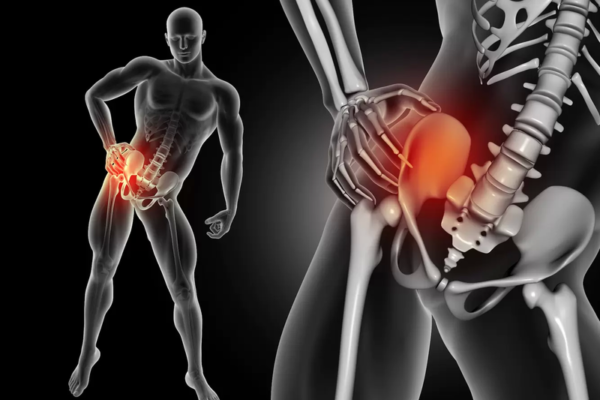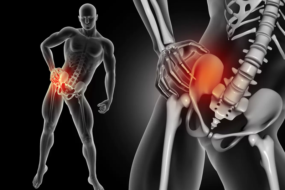Neck pain is just as common as back pain, and for many of the same reasons. If you have neck pain that doesn’t get better in a few days or is more than a mild ache, Dr. Andrews, MD, board-certified interventional pain specialist at No Pain, can find out what’s wrong. Dr. Andrews is a leading expert in chronic pain and conditions affecting the spine. If neck pain affects your quality of life, call today to schedule a consultation or book an appointment online.
Neck Pain
Neck Pain Q & A
What causes neck pain?
Neck pain can develop for many reasons, as the tissues that make up your neck are all vulnerable to both acute and long-term damage.
Your neck is a complex structure containing the cervical vertebrae at the top of your spine and all the muscles, tendons, ligaments, nerves, spinal discs, and blood vessels that you need to support and stabilize your neck and enable it to move freely. Acute injury or wear and tear that damages any of these tissues or bones can not only cause pain, but affect other parts of your neck as well.
Common causes of neck pain include:
- Sports injuries
- Falls
- Auto accidents
- Pinched nerves
- Bone spurs
- Osteoarthritis
- Degenerative disc disease
- Herniated discs
- Rheumatoid arthritis
- Spondylosis
- Osteoporosis
If you don’t receive the correct treatment for an acute neck injury, it might become a longer-term chronic pain problem, so it’s best to visit Dr. Andrews for an assessment.
How is neck pain diagnosed?
When you visit Dr. Andrews, he reviews your medical history and assesses your symptoms, then carries out a physical exam. By testing your range of movement, reflexes, and nerve responses, he can better identify the source of pain.
He may also use diagnostic imaging and other technologies to confirm a diagnosis and assess the extent of the problem. Tests for neck pain include:
- X-rays
- Myelogram
- Bone scan
- CT scan
- Discogram
- MRI
- Nerve conduction velocity (NCV) test
- Electromyography (EMG)
Occasionally, neck pain is caused by diseases such as meningitis, so you might also need a blood test to rule out any internal health problems.
What treatments are available for neck pain?
In most cases, neck pain develops because of soft tissue damage that heals well with rest and gentle exercise. You may need to take anti-inflammatory pain medication to keep you comfortable and able to move. Some patients benefit from wearing a supportive neck collar while the tissues heal.
If your neck pain doesn’t improve, or is more severe to start with, you may need to take prescription medication. Dr. Andrews can also use pain-relieving injections for your neck that contain steroids to reduce inflammation and a local anesthetic to dull the pain. Other options include:
- Physical therapy
- Heat therapy
- Ultrasound
- Electrical stimulation therapy
In certain cases, neck pain is best treated surgically. For example, if you have fractured vertebrae or a herniated disc that doesn’t respond to conservative treatment.
If you have pain in your neck, Dr. Andrews can find out what’s wrong and find the most effective way to relieve it. Call No Pain today or book your appointment online.
WHAT WE OFFER
Chronic Pain Conditions and Treatments
-
-
-
-
-
-
-
Migraine
Coming Soon. Learn More.
Did you know that?
Donec sed odio dui. Nulla vitae elit libero, a pharetra augue. Nullam id dolor id nibh ultricies vehicula ut id elit. Integer posuere erat a ante venenatis dapibus posuere velit aliquet.
-
-
-
-






















